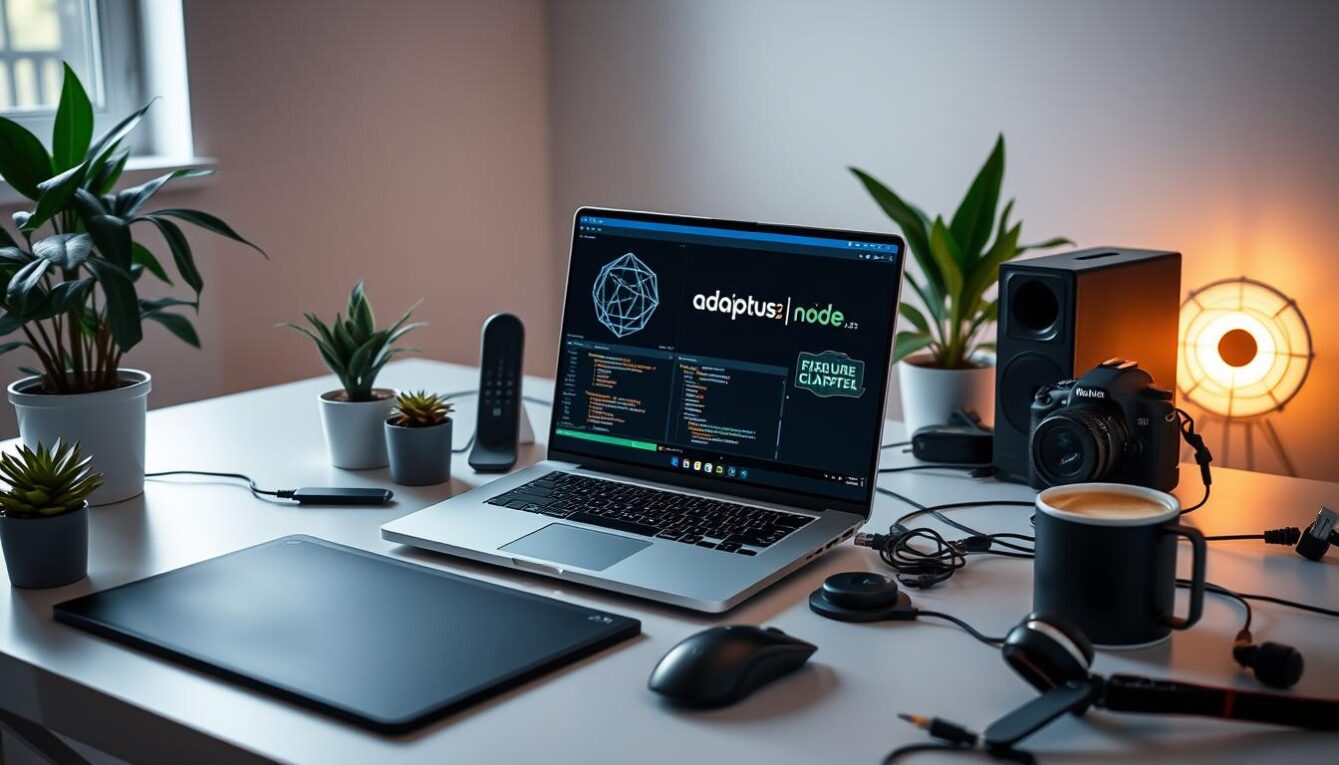The Importance of DevOps Culture and Continuous Learning
DevOps is more than just a buzzword in the software development world. It’s a culture that emphasizes collaboration, automation, and continuous improvement. Organizations that adopt a DevOps culture are more likely to achieve their business objectives, respond quickly to changing market demands, and deliver high-quality software products. At the heart of DevOps is continuous learning, which enables teams to stay up-to-date with the latest technologies, tools, and methodologies.
===The Role of DevOps Culture in Achieving Business Objectives
DevOps culture is essential for achieving business objectives. It involves breaking down silos between different departments, such as development, operations, and quality assurance, and fostering a culture of collaboration and continuous improvement. By adopting DevOps practices, organizations can reduce the time it takes to deliver software products to market, increase product quality, and improve customer satisfaction.
===The Evolution of DevOps Culture and Its Impact on Organizations
DevOps culture has evolved over the years, and its impact on organizations has been significant. It started as a way to bridge the gap between developers and operations teams and has since become a culture that emphasizes automation, collaboration, and continuous learning. DevOps has helped organizations to deliver software products faster, reduce costs, and improve customer satisfaction.
===The Benefits of Continuous Learning in a DevOps Environment
Continuous learning is a key component of DevOps culture. It enables teams to stay up-to-date with the latest technologies, tools, and methodologies, and to continuously improve their skills. The benefits of continuous learning in a DevOps environment include improved product quality, faster time-to-market, and increased team morale.
===How to Foster a Culture of Continuous Learning in Your Organization
To foster a culture of continuous learning in your organization, you need to create an environment that encourages learning and growth. You can do this by providing opportunities for training and development, setting learning goals for your team, and encouraging knowledge sharing. It’s also important to recognize and reward individuals who demonstrate a commitment to continuous learning.
===The Role of Automation in Supporting Continuous Learning
Automation is a critical component of DevOps culture, and it plays a significant role in supporting continuous learning. Automation tools, such as continuous integration and continuous deployment, enable teams to automate repetitive tasks, allowing them to focus on more valuable work. By automating processes, teams can reduce errors, improve quality, and free up time for learning and experimentation.
===The Importance of Collaboration in a DevOps Environment
Collaboration is another essential component of DevOps culture. It involves breaking down silos between different departments, such as development, operations, and quality assurance, and fostering a culture of teamwork and communication. Collaboration enables teams to work together more effectively, share knowledge and expertise, and achieve common goals.
===Overcoming Common Challenges in Implementing a DevOps Culture
Implementing a DevOps culture can be challenging, especially if your organization is used to working in a traditional siloed environment. Common challenges include resistance to change, lack of collaboration, and lack of technical skills. To overcome these challenges, you need to provide training and development opportunities, foster a culture of collaboration, and invest in automation tools.
===How to Measure the Success of Your DevOps Culture and Continuous Learning Efforts
Measuring the success of your DevOps culture and continuous learning efforts is essential to ensure that you’re making progress towards your business objectives. Metrics such as cycle time, defect rates, and customer satisfaction can help you assess the impact of your DevOps practices. It’s also important to gather feedback from your team members to understand how they perceive the culture and identify areas for improvement.
===Case Studies: Examples of Successful DevOps Cultures and Continuous Learning Programs
There are many examples of successful DevOps cultures and continuous learning programs. For instance, Amazon, Netflix, and Etsy are known for their strong DevOps cultures, which have enabled them to deliver software products quickly and with high quality. These companies also invest heavily in training and development, providing their employees with opportunities to learn and grow.
===Conclusion: Why DevOps Culture and Continuous Learning are Key to Future Success
In today’s fast-paced digital world, DevOps culture and continuous learning are essential for organizations that want to stay competitive and achieve their business objectives. These practices enable teams to deliver software products faster, with higher quality, and with greater customer satisfaction. By fostering a culture of collaboration, automation, and continuous learning, organizations can set themselves up for success in the future.
===Resources for Further Learning About DevOps Culture and Continuous Learning
If you want to learn more about DevOps culture and continuous learning, there are many resources available. Online courses, books, and conferences can all provide valuable insights into these practices. Some popular resources include the DevOps Institute, the DevOps Handbook, and the DevOps Enterprise Summit.










